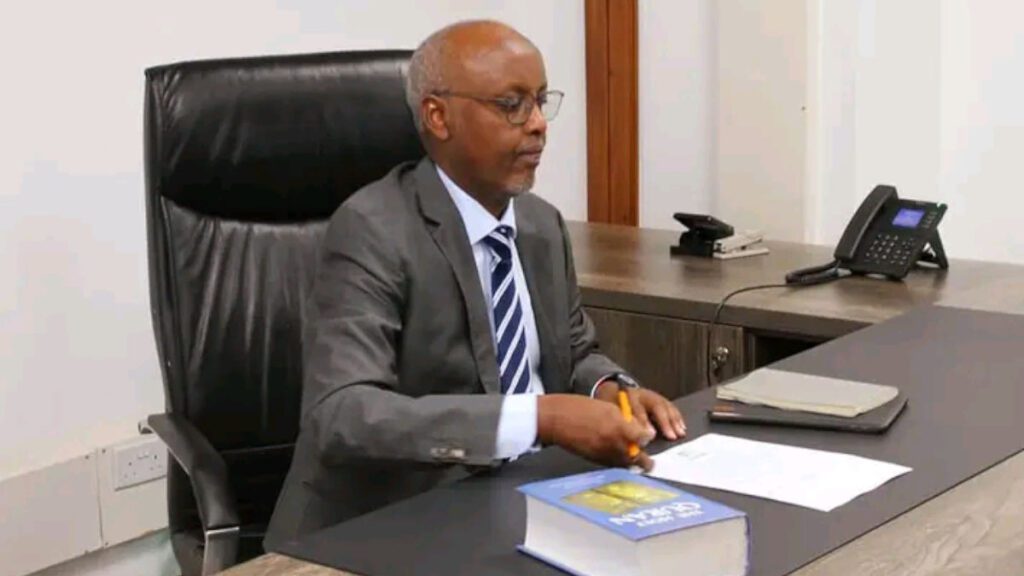President William Ruto has reappointed Faisal Abass as the non-executive Chairperson of the Privatisation Commission for another three-year term, signaling a desire for leadership stability and continuity in Kenya’s privatisation agenda.
The reappointment was formally announced in a gazette notice dated July 18, 2025, in which President Ruto exercised powers granted under section 5(1)(a) of the Privatisation Act.
“In exercise of the powers conferred by section 5(1)(a) of the Privatisation Act, I, William Samoei Ruto, President of the Republic of Kenya and Commander-in-Chief of the Defence Forces, reappoint Faisal Abass to be the non-executive Chairperson of the Privatisation Commission, for a period of three (3) years, with effect from the 18th July, 2025,” the gazette notice read.
The Privatisation Commission, established under the Privatisation Act of 2005, is a corporate body mandated to formulate, manage, and implement Kenya’s privatisation policies. It plays a central role in reforming state-owned enterprises (SOEs) by steering them toward efficiency, transparency, and private sector participation.
Faisal Abass, who was first appointed to the position in July 2022 by former President Uhuru Kenyatta, brings with him over 20 years of leadership experience in both public and private sectors.
A graduate of economics from the American University in Cairo, and holder of a master’s degree in strategic management from the University of Nairobi, Faisal has previously served on boards of major state corporations including:
- Kenya Electricity Generating Company (KenGen)
- Geothermal Development Company (GDC)
- Rural Electrification and Renewable Energy Corporation (REREC)
He also chaired the Policyholders Compensation Fund (PCF), where he led governance reforms in the insurance sector. Notably, he played a pivotal role in KenGen’s listing on the Nairobi Securities Exchange (NSE), a landmark move that underlined his commitment to promoting transparency and market-oriented governance in public enterprises.
His reappointment comes at a critical moment as the Privatisation Commission transitions into the Privatisation Authority, reflecting broader institutional reforms. Under this new structure, the Authority is expected to ramp up its role in overseeing the divestiture of underperforming parastatals and fostering private sector investments.
Faisal’s continued stewardship is seen as instrumental in aligning the Authority with the Kenya Kwanza administration’s economic agenda, particularly in repositioning SOEs for profitability, competitiveness, and private capital injection.


